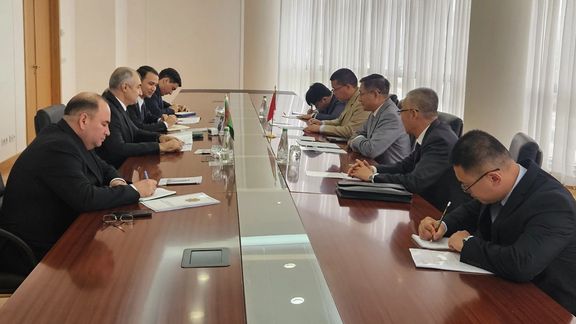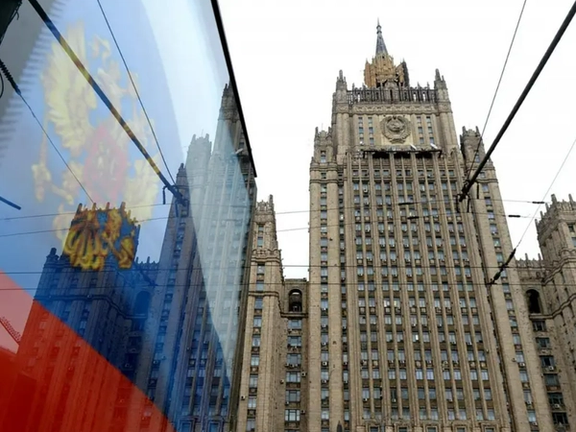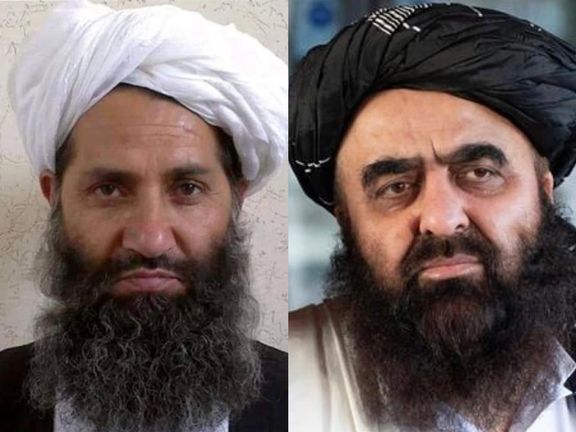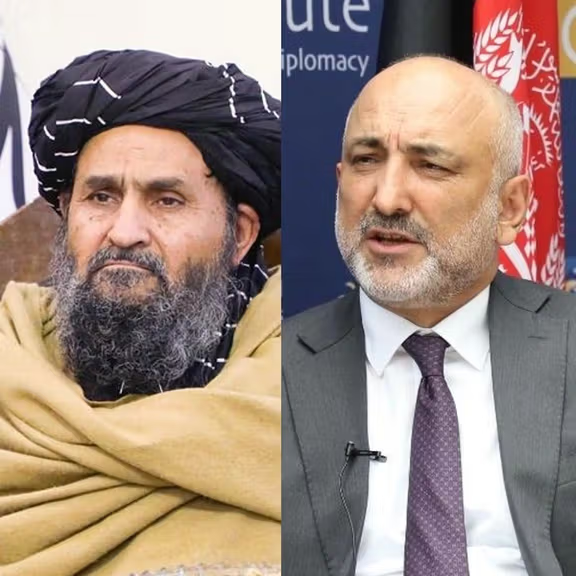The meeting will focus on three main issues: the economic crisis, narcotics, and empowering the private sector with a focus on women entrepreneurs.
The third Doha meeting will be held over two days, with no mention of sessions with civil society members or women's representatives in the agenda.
According to unconfirmed reports, six people, including three women and three men, will represent Afghan women and civil society on the sidelines of the meeting.
The draft agenda states that the main goal of the United Nations and representatives from regional and global countries is to create a platform for dialogue and engagement with the Taliban.
The meeting will begin with speeches by the UN Deputy Secretary-General, the Qatari representative, and the Taliban representative.
The draft indicates that the third Doha meeting will address the shared concerns of regional and global stakeholders with the Taliban. Discussions will also cover recommendations from UN special coordinator, Feridun Sinirlioğlu.
The second day's agenda includes discussions on Afghanistan's economic crisis, empowering the private sector with a focus on women entrepreneurs, narcotics issues, and alternative crops for farmers. The United Nations has announced that Afghanistan's economy has faced a 26% decline in GDP.
According to the draft, Afghanistan, which accounted for 80% of the world's drug production over the past two decades, now faces challenges in alternative crop cultivation following the 2022 ban on poppy cultivation, resulting in a 92% drop in farmers' income. The draft also mentions that Afghanistan has one of the highest rates of drug consumption.
Representatives from 24 countries and five international organisations will attend the meeting.
Countries invited to the meeting include Canada, China, France, Germany, India, Indonesia, Italy, Japan, Kazakhstan, Kyrgyzstan, Norway, Pakistan, Qatar, South Korea, Russia, Saudi Arabia, Switzerland, Tajikistan, Turkey, Turkmenistan, the United Arab Emirates, the United Kingdom, the United States, and Uzbekistan.
Representatives from the European Union, the Organisation of Islamic Cooperation, the Shanghai Cooperation Organisation, the Asian Development Bank, and the World Bank will also be present.
Mawlawi Abdul Kabir, the Taliban's Deputy Prime Minister for Political Affairs, confirmed on Saturday that the United Nations has accepted the group's conditions as a "responsible government."
Zabihullah Mujahid, the Taliban spokesperson and head of their delegation to the Doha meeting, said before travelling to Qatar that women's issues and human rights are internal matters for Afghanistan and will not be discussed at the Doha meeting.






